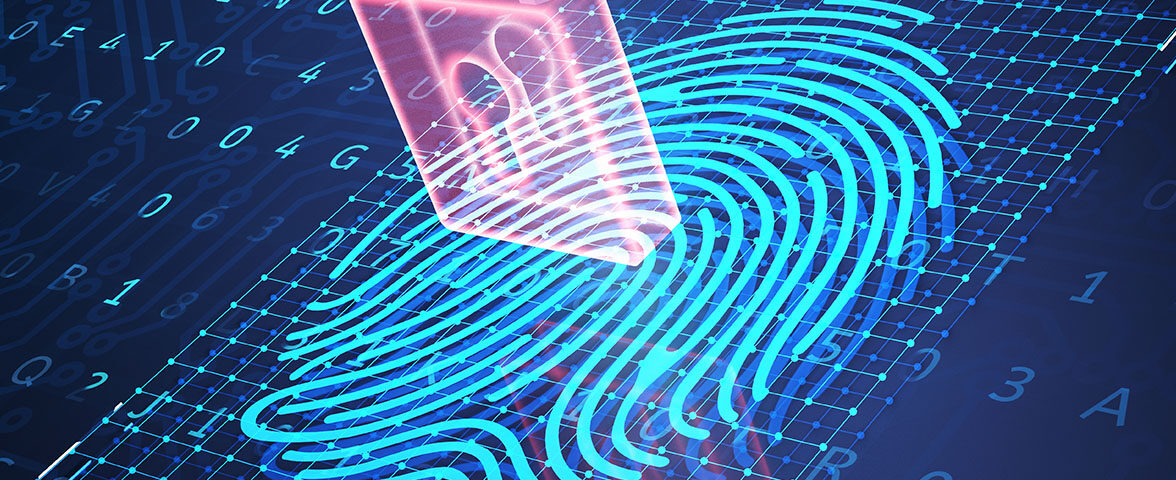Biometric Authentication: Enhancing Mobile Security and User Experience

Mobile API Integration: Connecting Your App to the World
May 26, 2024
Voice Recognition: Transforming the Way We Interact with Technology
May 26, 2024Biometric Authentication: Enhancing Mobile Security and User Experience
Biometric authentication has emerged as a powerful security feature in mobile applications, offering users a convenient and secure way to access their devices and sensitive information. This article explores the importance of biometric authentication, its applications in mobile technology, and the benefits it offers to both users and app developers.
Thank you for reading this post, don't forget to subscribe!Understanding Biometric Authentication
Biometric authentication is a security measure that uses unique physical or behavioral characteristics to verify a user’s identity. Unlike traditional methods such as passwords or PINs, which can be forgotten, stolen, or shared, biometric authentication relies on biological traits that are unique to each individual, such as fingerprints, facial features, or voice patterns. By scanning and analyzing these biometric markers, mobile devices can accurately authenticate users and grant access to protected resources.
Why Biometric Authentication is Essential
Enhanced Security
Biometric authentication offers a higher level of security compared to traditional authentication methods. Biometric traits are unique to each individual and difficult to replicate, making them highly resistant to unauthorized access and identity theft.
Convenience and Ease of Use
Biometric authentication provides a seamless and user-friendly authentication experience. Users can access their devices and apps quickly and conveniently by simply scanning their biometric traits, eliminating the need to remember and enter complex passwords or PINs.
Improved User Experience
Biometric authentication enhances the overall user experience by reducing friction and streamlining the authentication process. Users appreciate the simplicity and efficiency of biometric authentication, leading to higher satisfaction and engagement with mobile apps.
Advanced Security Features
In addition to traditional biometric methods such as fingerprint and facial recognition, newer biometric technologies offer advanced security features, such as iris scanning, voice recognition, and behavioral biometrics. These technologies provide additional layers of security and flexibility for app developers to implement robust authentication solutions.
Applications of Biometric Authentication in Mobile Technology
Device Unlocking
Biometric authentication is commonly used to unlock mobile devices, such as smartphones and tablets. Users can use their fingerprints, facial features, or iris patterns to securely unlock their devices and access their personal information.
App Authentication
Biometric authentication can be integrated into mobile apps to authenticate users and grant access to sensitive features or content. For example, banking apps may use fingerprint or facial recognition to verify users before allowing them to view account details or perform transactions.
Secure Transactions
Biometric authentication adds an extra layer of security to mobile payments and transactions. Users can use their biometric traits to authorize purchases, transfers, and other financial transactions securely, reducing the risk of fraud and unauthorized access.
Data Protection
Biometric authentication can be used to protect sensitive data stored on mobile devices or in cloud-based applications. By requiring biometric verification before accessing confidential information, app developers can prevent unauthorized access and ensure data privacy.
Benefits of Biometric Authentication for App Developers
Enhanced Security
By implementing biometric authentication in their apps, developers can enhance security and protect sensitive user data from unauthorized access and cyber threats.
Improved User Engagement
Biometric authentication improves the user experience by offering a convenient and frictionless authentication process. Users are more likely to engage with apps that offer seamless authentication methods, leading to higher retention rates and increased user satisfaction.
Differentiation and Competitive Advantage
Apps that offer biometric authentication stand out from the competition and demonstrate a commitment to security and user experience. By incorporating biometric features, developers can differentiate their apps in the marketplace and attract users who prioritize security and convenience.
Compliance with Regulations
Biometric authentication can help app developers comply with industry regulations and data protection laws, such as GDPR and HIPAA. By implementing strong authentication measures, developers can demonstrate compliance with regulatory requirements and build trust with users.
Conclusion
Biometric authentication is a powerful security feature that offers both convenience and security for mobile users and app developers alike. By leveraging biometric technologies such as fingerprint recognition, facial recognition, and voice authentication, developers can enhance the security of their apps, improve the user experience, and differentiate their offerings in the competitive mobile market. As biometric authentication continues to evolve and become more widespread, it will play an increasingly important role in shaping the future of mobile technology and ensuring the security and privacy of user data. Embrace the power of biometric authentication to enhance the security and user experience of your mobile apps and stay ahead of the curve in today’s digital landscape.
For more information: www.ecbinternational.com


